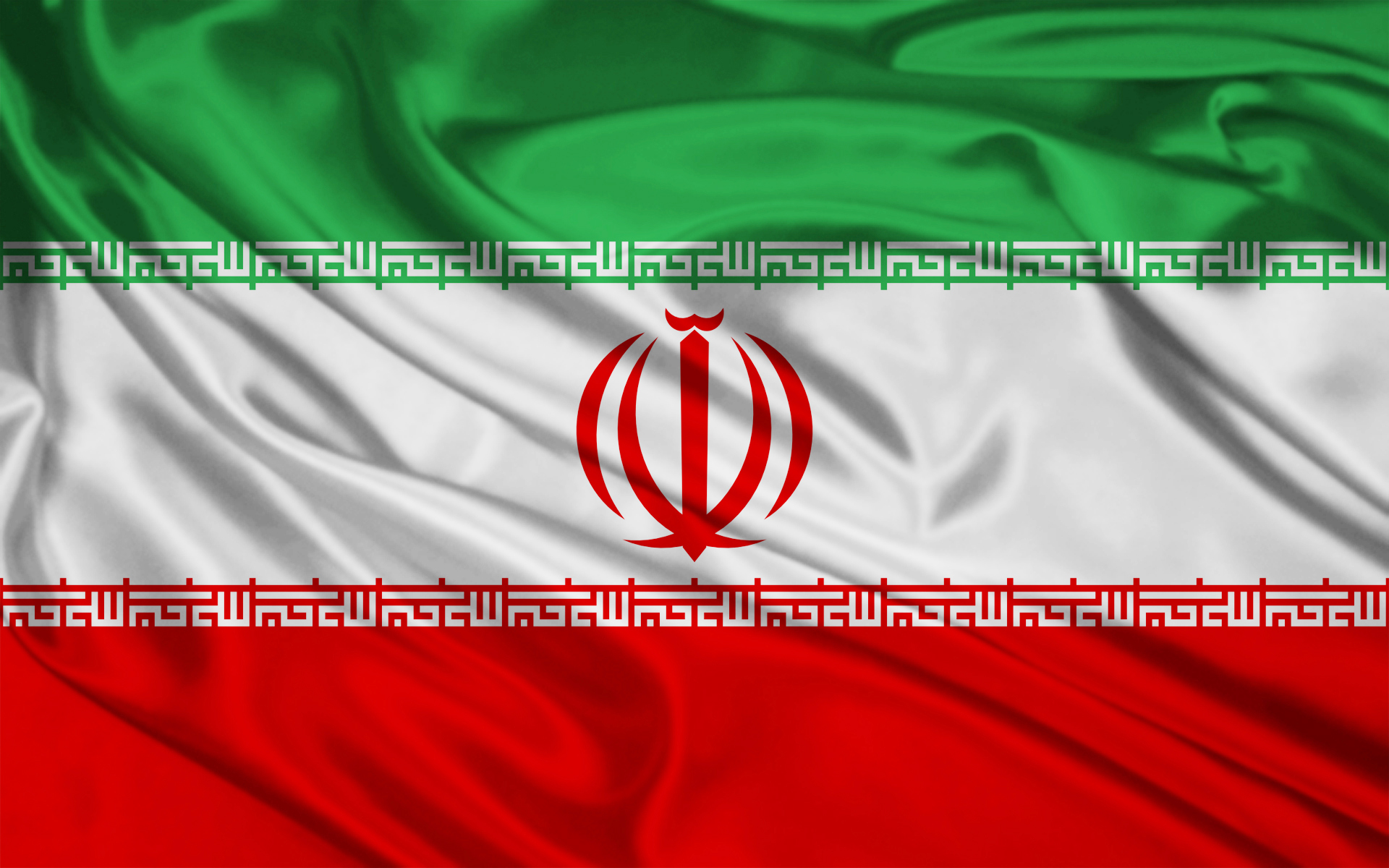
With U.S. and European economic sanctions against Iran set to end, the country is stepping up efforts to attract foreign investors to the oil and gas sector. Officials recently pitched more than 50 oil and natural gas projects to potential foreign investors at a two-day conference in the capital, Tehran.
Iran is desperate to reverse the dip in its crude oil production, which fell dramatically from nearly 3.7 MMbbl/d in 2011 to 2.7 MMbbl/d in 2013 because of sanctions. This rose slightly to 2.8 MMbbl/d in 2014.
The government now hopes that international companies, including the likes of BP, Shell, Statoil, Total and Eni, will invest $100 billion in the oil and gas sector to help raise production back to presanction levels.
European companies in particular are queuing up to try to get a foot in the door in Iran, but they are looking for improved terms from the seven-year buy-back contracts that were offered in the past.
It looks like their wishes will come true with the new contracts set to be negotiated on a project-by-project basis. The new contracts being proposed by the Tehran government will be valid for 20 years, with opportunities to extend for a further five years. They also will give foreign investors a share of the oil they produce. This is important for companies like Total, which has been meeting with Iranian officials in the run-up to the sanctions imposed because of Iran’s nuclear activities being lifted.
Total’s CEO Patrick Pouyanné told attendees at the Abu Dhabi International Petroleum Exhibition and Conference (ADIPEC), “It is not only a question of resources or opportunities—it is a question of profits.
“We will be well-positioned to look at opportunities in gas, oil, petrochemicals and marketing. But all that is subject to good contractual conditions, so we will see. If you remember the question of Iraq, everyone was excited about Iraq, but at the end of the day the contracts that were offered to the international oil companies were not really interesting,” he said.
Investors will be looking at opportunities onshore as well as in the Persian Gulf and Caspian Sea.
Currently, there is no significant Iranian production in the Caspian, and this could be a growth area for investment. Iran discovered the large Sardar Jangal oil field in the Caspian in 2011 and is looking to build a refinery on the coast to supply it with crude from the field.
Companies looking to make the most of these new opportunities open to them in a post-sanctions world will have to team up with local partners.
Peter O’Sullivan, CEO of engineering and management services company Penspen, told E&P at ADIPEC, “The key for entering Iran will be finding the right local partner and understanding where you fit. There are a lot of existing companies operating there with their own capabilities, and what we can bring and add will be key.”
Despite the oil price crunch, it looks like there will be plenty of opportunities in Iran.
Contact the author, John Sheehan, at jsheehan@hartenergy.com.
Recommended Reading
D-J’s Elevation Midstream, ARB Midstream Subsidiary to Merge
2024-07-08 - Elevation Midstream and Platte River Holdings, a subsidiary of ARB Midstream, are merging to create a D-J Basin midstream company of scale.
Emera to Sell New Mexico Natural Gas Co. to Bernhard for $750MM
2024-08-06 - Bernhard Capital Partners, which recently purchased CenterPoint Energy assets, will buy utility New Mexico Gas Co. from Emera for $1.25 billion, including debt.
EQT Closes $5.45B Acquisition of Equitrans Midstream
2024-07-22 - In addition to integrating Equistrans’ midstream assets, EQT will focus on reducing the infrastructure company’s debt of between $7.6 billion and $8 billion. Including equity and debt, the deal is valued at roughly $13 billion.
Shell Sells Pipeline, Terminal Assets to Edgewater Midstream
2024-08-29 - Shell is selling its Sinco pipeline system and Colex terminal assets that have been historically integrated with the Deer Park Refinery, which Shell sold to Pemex in 2022.
Methanex to Buy OCI Global’s Methanol Business in $2.05B Deal
2024-09-10 - The agreement includes OCI Global’s stake in two methanol production facilities in Beaumont, Texas.
Comments
Add new comment
This conversation is moderated according to Hart Energy community rules. Please read the rules before joining the discussion. If you’re experiencing any technical problems, please contact our customer care team.





